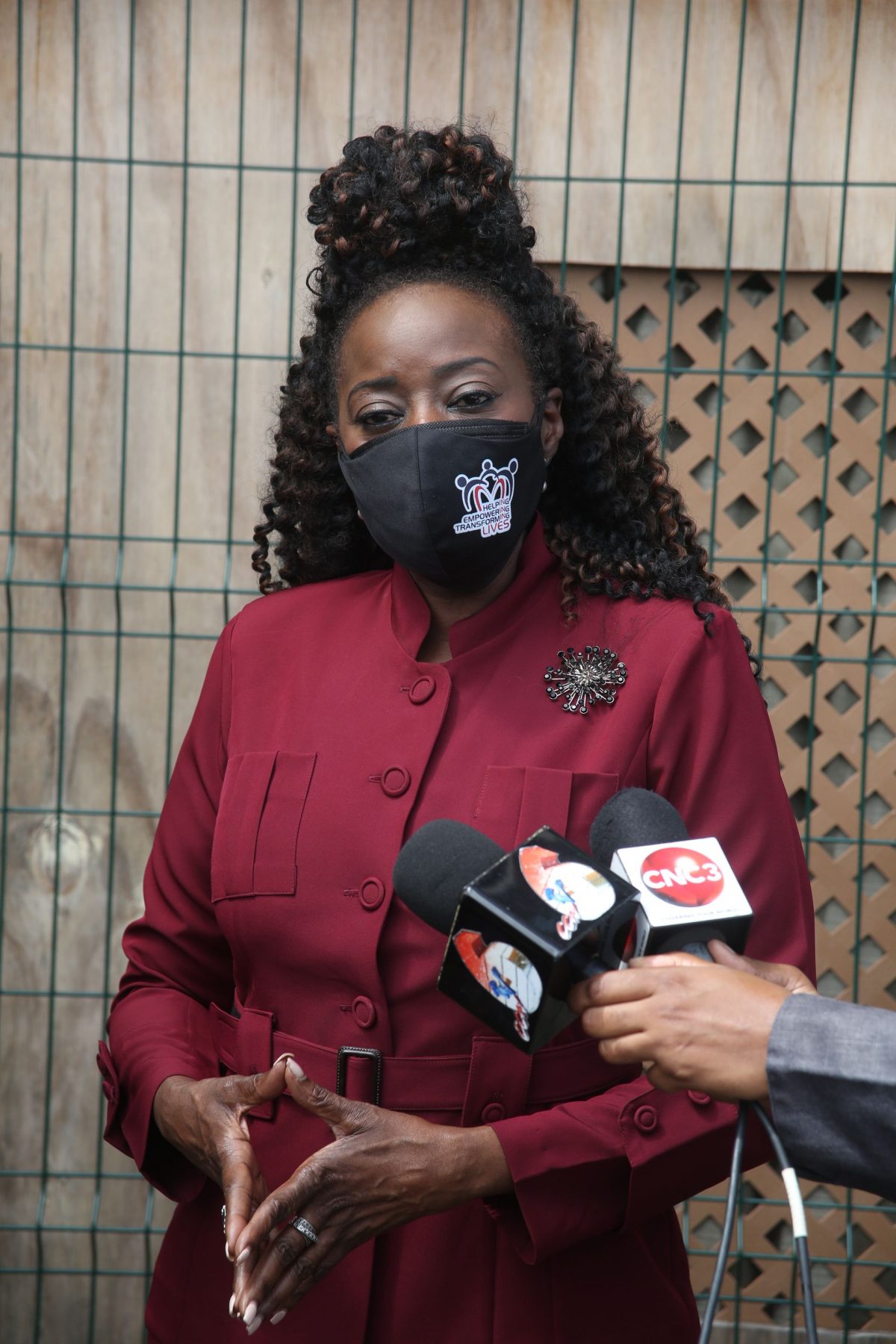(Trinidad Express) Assault by beating, verbal abuse, malicious damage and breach of protection orders are the most common offences associated with domestic violence, and have increased by over 30 per cent in some cases.
The increase has led to services such as domestic violence shelters and helplines reaching capacity.
These are the stark realities which Social Development Minister Donna Cox presented on Wednesday night during the Family Planning Association of Trinidad and Tobago’s (FPATT) virtual annual general meeting and report to the nation, with the theme, “Gender-Based Violence in the time of Covid”.
Based on data from the National Domestic Violence Registry, Cox said the restrictive measures and socio-economic effects associated with the pandemic have resulted in an increase in the incidents of domestic violence.
“Assault by beating doubled in 2021, from 450 reported cases in 2019 to 865 in 2020, and was already close to 865 in March 2021. Sadly, it must be noted that these are only reported cases.
“This is the shadow pandemic growing amidst the Covid-19 crisis, and there is certainly the need for a global collective effort to bring it to an end. As Covid-19 cases continue to strain health services, other services, such as domestic violence shelters and helplines, have reached capacity,” Cox said.
Cox noted that despite the increased global awareness of the need to address gender-¬based violence, its prevalence is difficult to often determine, especially in light of the large number of cases that go unreported.
“I can tell you that in the not-too-distant future, the ministry will be launching its own suicide prevention and crisis hotline to be manned by fully trained personnel. The plan to launch this hotline was conceived with the clear understanding that the hopelessness often felt by those affected by gender-based violence can result in suicide,” Cox said.
President of the Family Planning Association of Trinidad and Tobago Prof Rose-Marie Belle Antoine delivered the FPATT’s report to the nation, saying it is important the interconnectedness of the concerns around sexual reproductive health and gender-based violence is understood.
Antoine further noted that despite FPATT’s contribution to reproductive health services, financial challenges persist.
“We are still relying on donor funding to meet our strategic objectives, and we are grateful for it but it is becoming more difficult, and I acknowledge and am grateful for Government’s continued critical support and subvention,” Antoine said, adding that despite FPATT’s ability to attract donors, the organisation has had to change direction.
Trinidad saw big rise in domestic violence in 2021 – Minister






